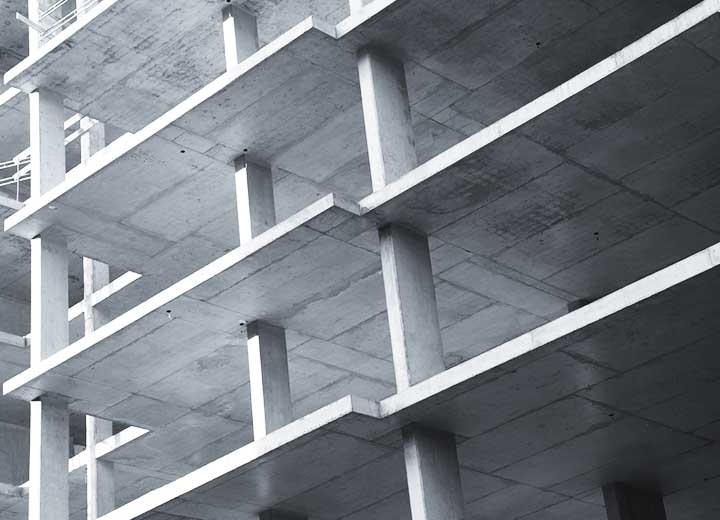Infrastructure and energy
The legalization of cannabis sativa for medicinal purposes is a controversial topic that has been debated for a long time in Brazil and in other countries. Despite criticism, some favorable points of the measure need to be considered, especially at this time when bills on the subject are pending before Congress and Anvisa (National Health Surveillance Agency) is spearheading public consultations on the regulation of controlled cultivation of the plant for medicinal use.
The Federal Government published on, August 7, Decree No. 9,957/19, which regulates the procedure for the rebidding of partnership contracts in the highway, railway, and airport sectors. The rules complement the provisions of Chapter III of Law No. 13,448/17, which already provided for the possibility of rebidding, but lacked specific regulations, a fact that had been causing concern for various market players, especially those linked to the highway and airport sectors.
Law No. 13,848/19, enacted in June, established the new framework for regulatory agencies in Brazil. Originating from Bill No. 52/13, the text signed into law differs very little from what was initially approved by the Senate, in spite of a few presidential vetoes and specific changes introduced by congressmen.
The financing of infrastructure projects in Brazil has been undergoing important changes in recent years, caused, among other factors, by redefinition of the role of the National Bank for Economic and Social Development (BNDES) in this type of transaction.
Now that the euphoria with the result of the 5th Round of Airport Concessions has passed, an analysis of the results obtained reveals a maturation of the concessions model adopted by the federal government. Choices made in the past, however, still pose challenges for the most varied of players in the industry, both in the public and private spheres. The proposal to classify 22 airport concessions as being priority in the Investment Partnerships Program (PPI) creates expectations for the coming year.
Signed into law by President Jair Bolsonaro with a partial veto, Executive Order (MP) No. 863/18 was converted on June 17th into Law No. 13,842, which extinguished the 20% limit on the participation of foreign capital in Brazilian airlines.
Competition law experts and businesspersons are following with apprehension the end of the term of office of the commissioners on the Administrative Tribunal of the Administrative Council for Economic Defense (Cade).
The evolution of the Brazilian economy in recent years has brought new challenges to those responsible for the management of closed private pension entities (EFPCs), governed by Complementary Law No. 109/2001 (LC 109) and by Law No. 6,404/1976 (the Brazilian Corporations Law). Unlike companies that have the purpose of obtaining profit for their shareholders and other stakeholders involved, however, EFPCs aim at the management of funds for the payment of pension benefits to their beneficiaries.
Executive Order (MP) No. 863/2018, which extinguishes the 20% limit on the participation of foreign capital in Brazilian airlines, should be reviewed by the plenary session of the Chamber of Deputies later this month. On last April 25, the joint committee of senators and federal deputies that examined the matter approved the final text of Conversion Bill (PLV) No. 6/2019, which makes changes to the proposal originally submitted by the Executive Branch.
Offshore wind and photovoltaic projects: the next frontier of renewable energy investment in Brazil?
Approved in the Federal Senate in December of 2018 (PLS 484/17) and currently pending in the Chamber of Deputies, Bill 11,247/18, although controversial, may represent an important advance for the expansion of renewable energy sources in the Brazilian energy matrix.
The enactment of a new version of the Sanitation Executive Order took place in the transition between governments at the federal level later this year. The first version of the Executive Order lost its effectiveness due to the expiration of the time limit without timely approval of its conversion into law. Despite the difficulties in approval by the Legislature, the new Executive Order replicates the previous text with some relevant changes. The news reveals a reinforcement of the private participation in the sector and in the initiative of the Federal Government in providing financial and technical support to states and municipalities for basic sanitation projects.
Federal Law No. 13,726/18, or the De-bureaucratization Law, enacted in October, not only authorizes, but also obliges public servants to dispense with or at least simplify formalities or requirements in their dealings with citizens. Among them are the following













